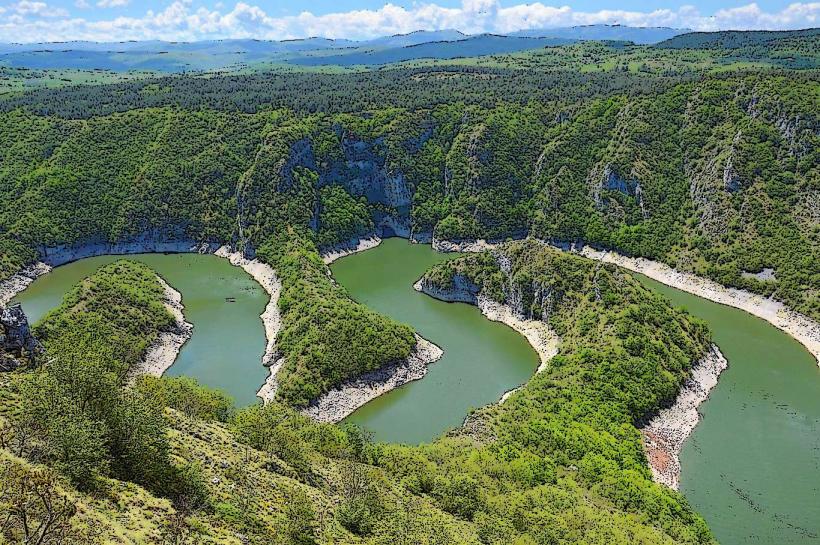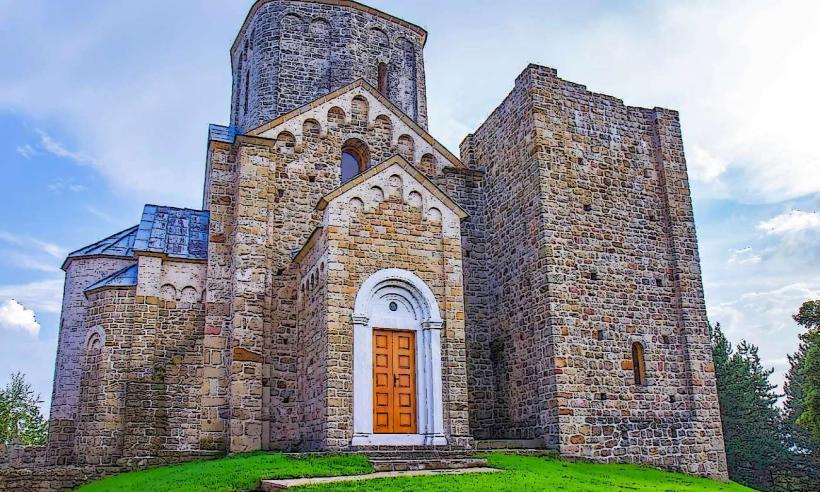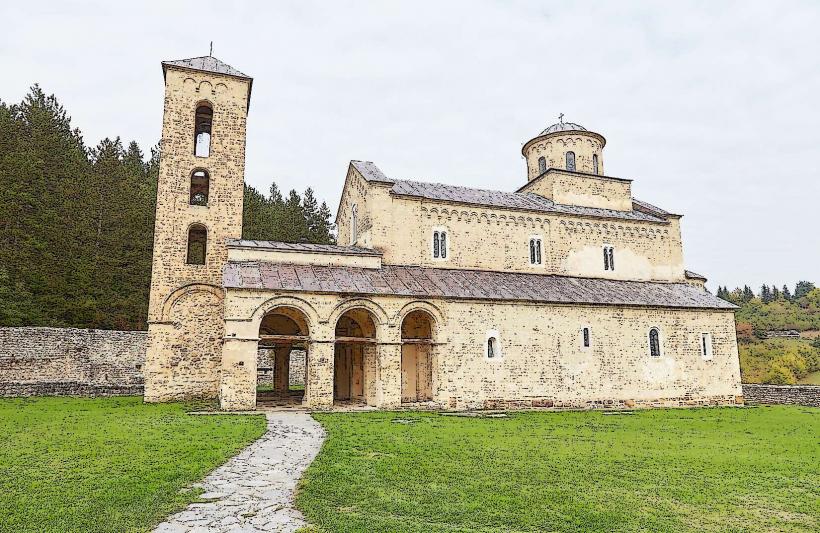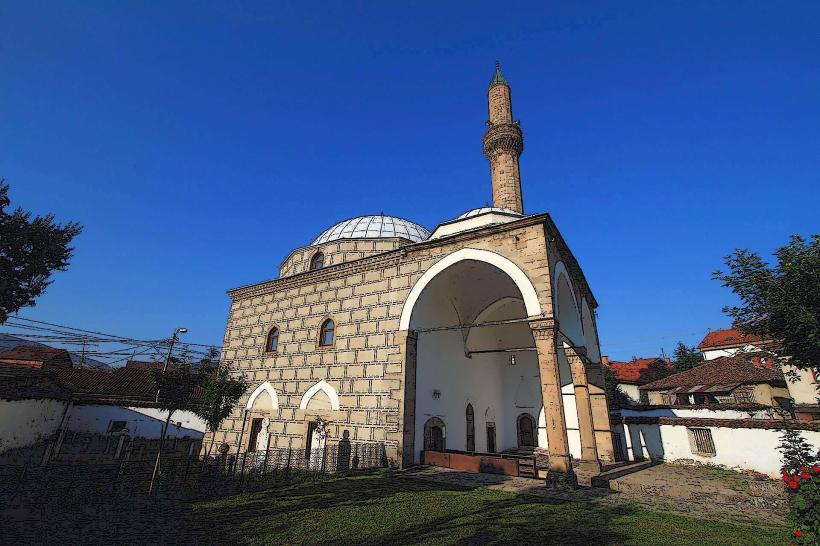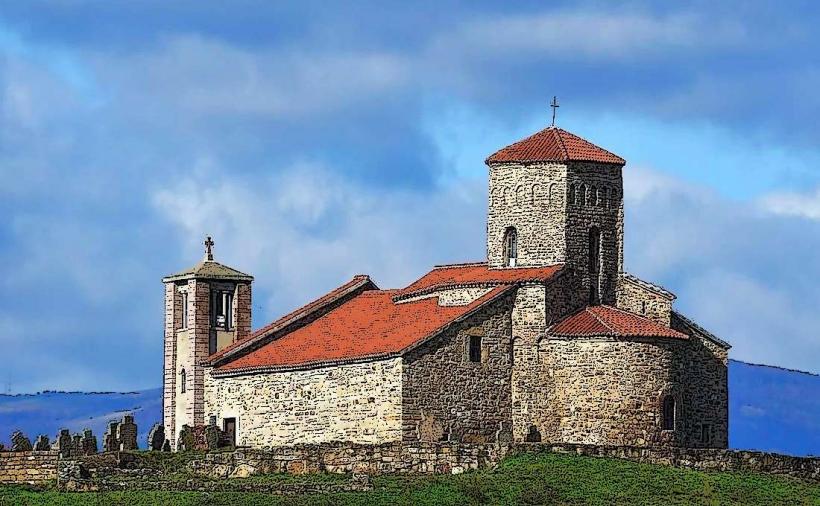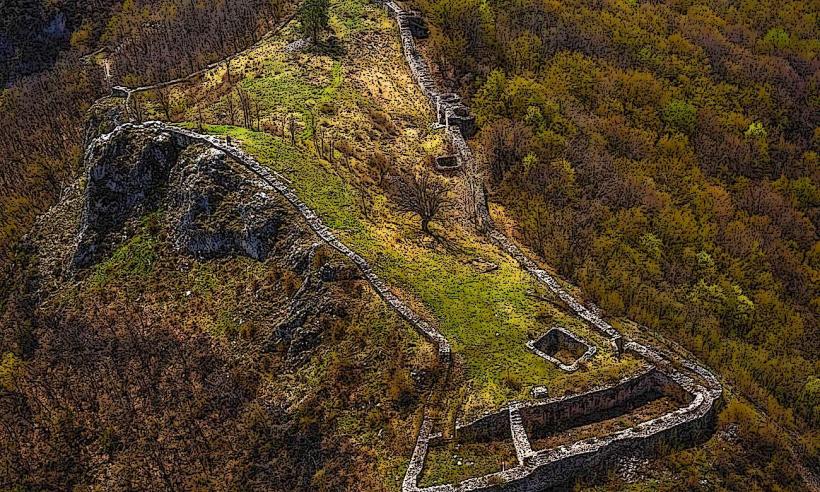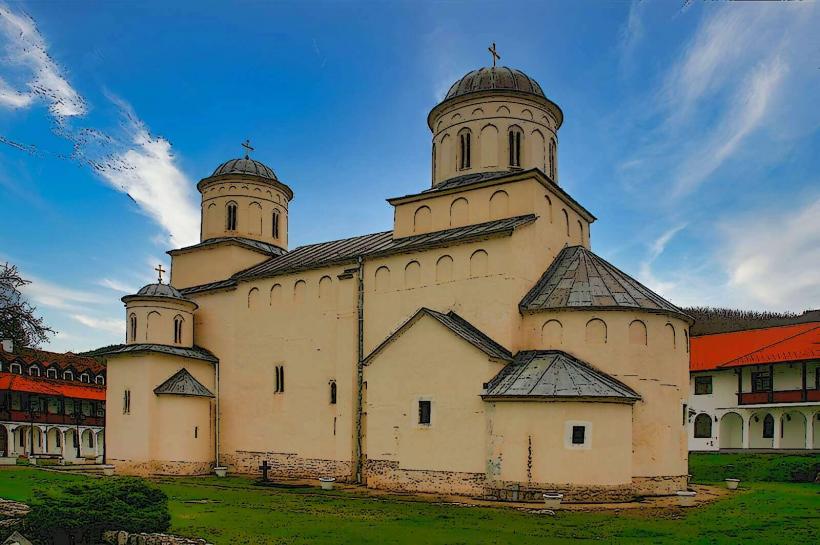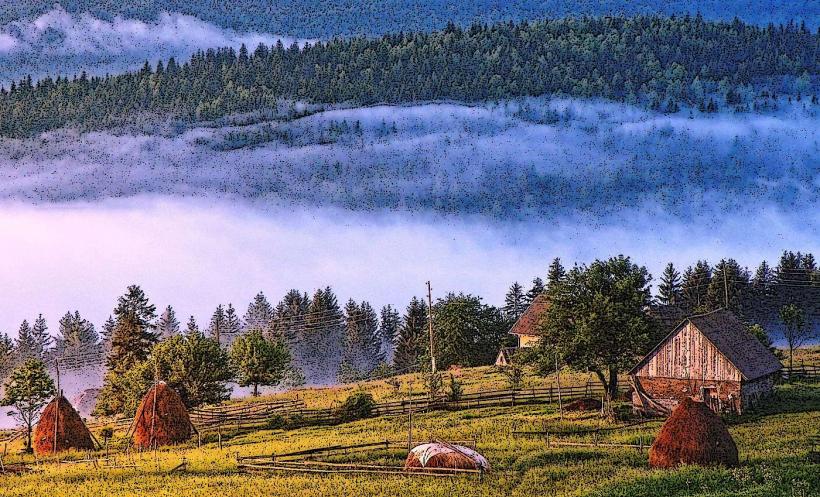Information
City: Novi PazarCountry: Serbia
Continent: Europe
Novi Pazar, Serbia, Europe
Novi Pazar functions as the primary cultural, religious, and economic pivot of the Sandžak region in southwestern Serbia. Situated in the valley of the Raška River and surrounded by the Golija and Kopaonik mountains, it serves as a specialized node for Islamic heritage, textile manufacturing, and UNESCO-listed medieval Serbian architecture. It is defined by its Bosniak majority, its "mini-Istanbul" atmosphere, and its 2026 role as a finalized logistics hub for the Novi Pazar–Tutin road expansion and the growing Sandžak Trade Corridor.
Historical Timeline
Antiquity: Originally the region of Ras, the first capital of the medieval Serbian state (12th–14th century).
1461: Formally founded as a city by Ottoman general Isa-Beg Ishaković, who also founded Sarajevo.
1878–1912: Administered as a specialized military and administrative district (Sanjak) under Ottoman and Austro-Hungarian interests.
2026 Context: Novi Pazar is currently implementing the "Sandžak 2026" infrastructure plan, which includes the completion of the state-of-the-art Novi Pazar–Tutin state road (Subsection 1) to facilitate safer cross-border trade with Montenegro.
Demographics & Population
The urban population is approximately 71,500, with the city administrative area housing roughly 106,700 (2026 estimate). The demographic is 82% Bosniak and 15% ethnic Serb. It is the youngest city in Europe by average age, with nearly half the population under 30. This drives a specialized and highly active labor market in the apparel (denim) and footwear industries.
Urban Layout & Key Districts
The Old Bazaar (Prvomajska Street): The specialized historic core; characterized by narrow streets, traditional ćevabdžinice (kebab shops), and Ottoman-era artisans.
City Park (Gradski Park): A specialized recreational zone in the center containing the remnants of the Turkish fortress and the distinctive Watchtower.
Jošanički Kej: The riverfront district, featuring the iconic Hotel Vrbak and a high density of modern cafes and retail spaces.
Stari Ras (10 km west): A specialized archaeological district containing the ruins of the medieval Serbian capital and the Gradina fortress.
Top City Landmarks
Altun-Alem Mosque (16th Century): A specialized masterpiece of Ottoman sacred architecture; the largest and most significant mosque in the region, featuring unique stonework and a domed porch.
Church of the Holy Apostles Peter and Paul: A specialized 8th-century site (built on 4th-century foundations); it is the oldest intact Serbian Orthodox church in the Balkans and a UNESCO World Heritage site.
Sopoćani Monastery (13th Century): 15 km west; a UNESCO site world-renowned for its 1265 frescoes, which are considered the peak of Byzantine painting in Europe.
Đurđevi Stupovi (Pillars of St. George): A specialized 1166 monastery atop a hill overlooking the city; founded by Stefan Nemanja and featuring a unique blend of Romanesque and Byzantine styles.
The Turkish Fortress: A 15th-century citadel in the city center; its northern bastion remains a specialized vantage point for views of the city's unique skyline of minarets and church towers.
Isa-beg’s Hamam: A specialized 15th-century Turkish bath with two symmetrical parts (for men and women), featuring 11 domes and intricate lead-covered cupolas.
Transportation & 2026 Logistics
Road Link: 4 hours from Belgrade (270 km). In 2026, the Morava Corridor completion has reduced travel time to the A1 highway via the upgraded Vrnjačka Banja–Adrane segment.
Regional Hub: Serves as the primary transit point for buses traveling between Belgrade, Pristina, and Sarajevo.
2026 Infrastructure: The city is a pilot site for the "Digital Sandžak" initiative, providing free high-speed public Wi-Fi in the Old Bazaar and City Park zones to support its massive youth population.
Safety & Environment
The general safety level is high. Warning: Parking in the narrow streets of the Old Bazaar is extremely difficult; utilizing the specialized Hotel Vrbak or private secure lots is mandatory for visitors. In 2026, the city uses the "Raška Monitor" to track water quality in the Raška and Jošanica rivers, mitigating pollution from the textile and tanning industries.
Local Cost Index (2026 Estimates)
1 Portion of Mantije (Traditional Pastry): €2.50 – €4.00
1 Portion of Novi Pazar Ćevapi (10 pcs): €4.50 – €6.00
1 Turkish Coffee (Old Bazaar): €1.00 – €1.50
Monthly Rent (1-BR Center): €250 – €400
Taxi (City to Sopoćani): €8.00 – €12.00
Facts & Legends
Novi Pazar is the site of the "Mantije" tradition, a specialized dumpling-like pastry protected as a national cultural heritage. Legend states that the Altun-Alem Mosque was named after "Altun," the beautiful daughter of a pasha who sold her gold (Altun means gold in Turkish) to fund its construction. A verified fact is that Novi Pazar is the only city in Serbia where you can find UNESCO sites from two different civilizations (medieval Serbian and Ottoman) within a 15-km radius. Historically, the city was so prosperous that it was known as the "European Istanbul," serving as the final staging ground for merchant caravans before they entered the rugged Montenegrin mountains.

